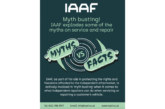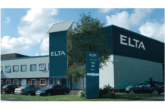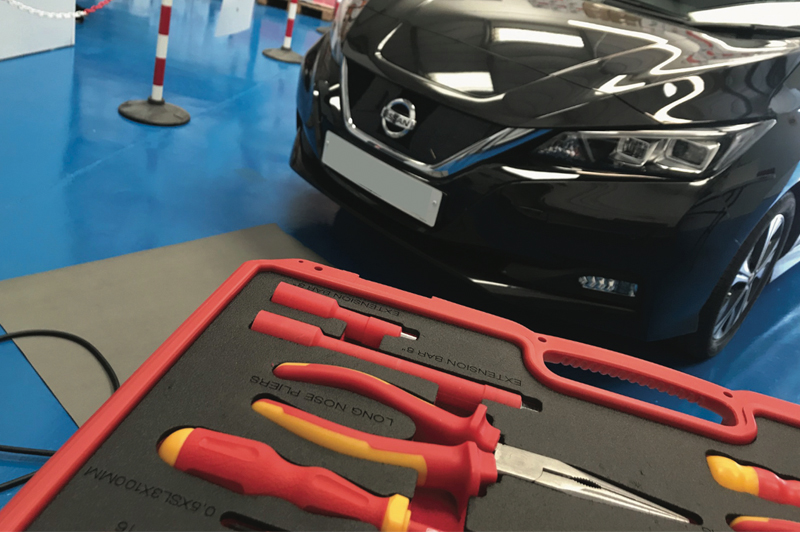
ACIS’s Technical Training Partner, Rob Ward, runs through the need for garages to be ‘EV ready’ when it comes to both tooling and training.
As electric vehicles continue to evolve in terms of performance, styling and general versatility, the market will grow as motorists slowly move away from petrol and diesel vehicles. This growth has and will lead to an increase in the number of jobs on the workshop floor that are linked to electric vehicles.
This increase will be good for businesses because it will allow them to expand the services they can offer. But how do they go about meeting this demand? The answer is simple and consists of two words; tooling and training. When it comes to tooling, electric vehicles require specific equipment, PPE, signage, and safety equipment, and businesses must invest in them to go alongside the normal tools on the workshop floor so their technicians have access to the correct tools to complete the job. In addition to the tools, it is important that businesses are also aware that working on an electric vehicle means they will have to set up a specific EV workstation on their floor. This area will provide short-term pain due to taking up space, but in the end, it will provide long term gain, as it will pay for itself and the technicians working in that area.
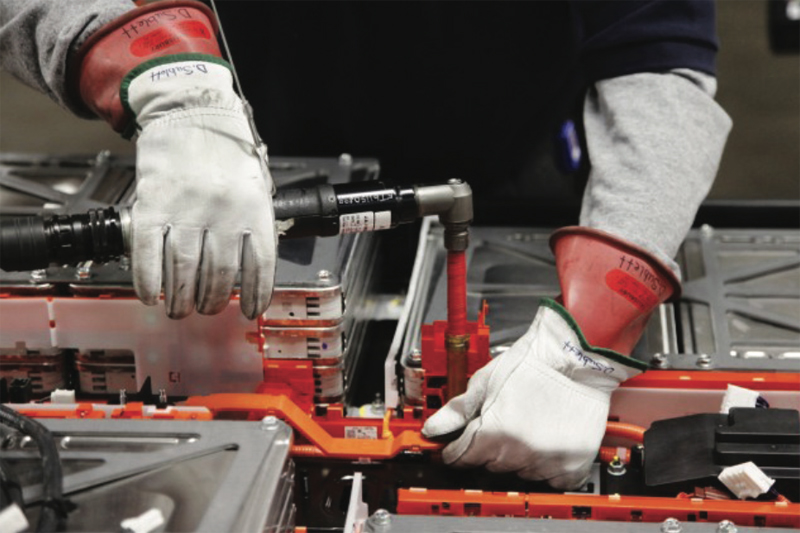
In regards to training, it is an important part of a business’s plan, but the focus doesn’t tend to extend beyond the technicians. However, I see training for electric vehicles differently. With ‘normal’ training, it is all about upskilling, but when you add electric vehicles into the mix, the training is two-fold. Firstly, it’s important to train the non-technical customer-facing personnel, so they have the ability to answer any questions relating to electric vehicles that the customer has, which provides them with the reassurance that the business knows its stuff in the first place. Secondly, garages must upskill the technicians on the floor with the knowledge and skills required to work safely around any electric vehicle, including high voltage components and systems, so they have the right accreditation to do the job to meet the gap in the market.
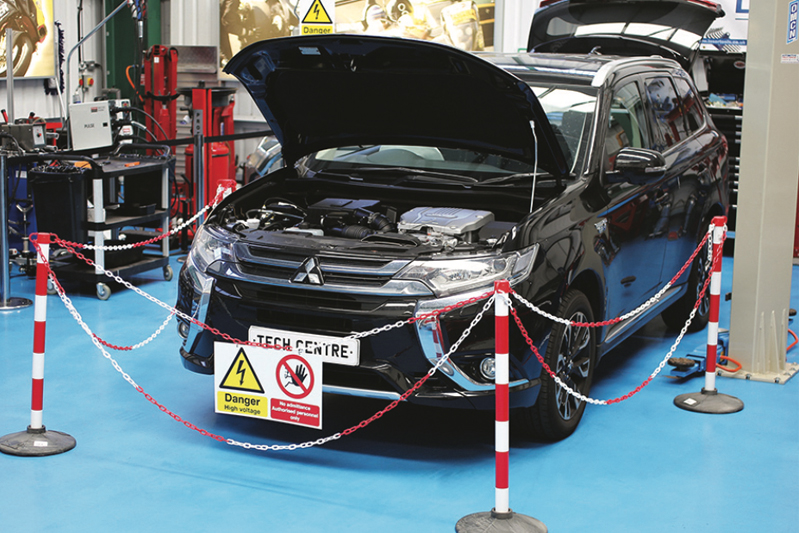
With training completed and certified, and the right tools in place, businesses can tick all the boxes for audits that check they have all the requisite steps in place to complete the job, which, in turn, allows them to say they are EV ready. This leads to new avenues of revenue potential for the business, alongside the potential for more work from work providers, as they can add the bodyshop to their EV shop list.
A CEO’s recommendation
Graham O’Neill, CEO of ACIS, commented, “It is important for businesses to invest in their future, so they have the necessary accreditation, tools, training and workshop set up to meet the demand for work on electric vehicles, because the growth in job numbers is going to continue as electric vehicles become more prevalent on the road.”
Graham recommends that factors push the following tools and items to garages:
- Insulated Open Ended Spanner Set 7pc
- Leather overgloves – Large (10)
- Fully insulating electrical safety gloves -Large (10)
- Cotton underliner gloves- pack of 10 pairs
- Danger high voltage sign
- Insulated tool kit 3/8”D 22pc
- High voltage floor matting – 1 metre
- Protective arc flash face shield- 1,000V rated
- Safety post support base
- Plastic tool box 159
- Protective face shield bag
- Insulated rescue pole
- High voltage/no admittance sign
- Safety lockout padlock
- Plastic 6mm chain 25m
- High voltage tester CAT IV 1,000V
- Glove storage bag
- Chain support post with cap (Red/White)
- Safety tag – ‘DO NOT START’


